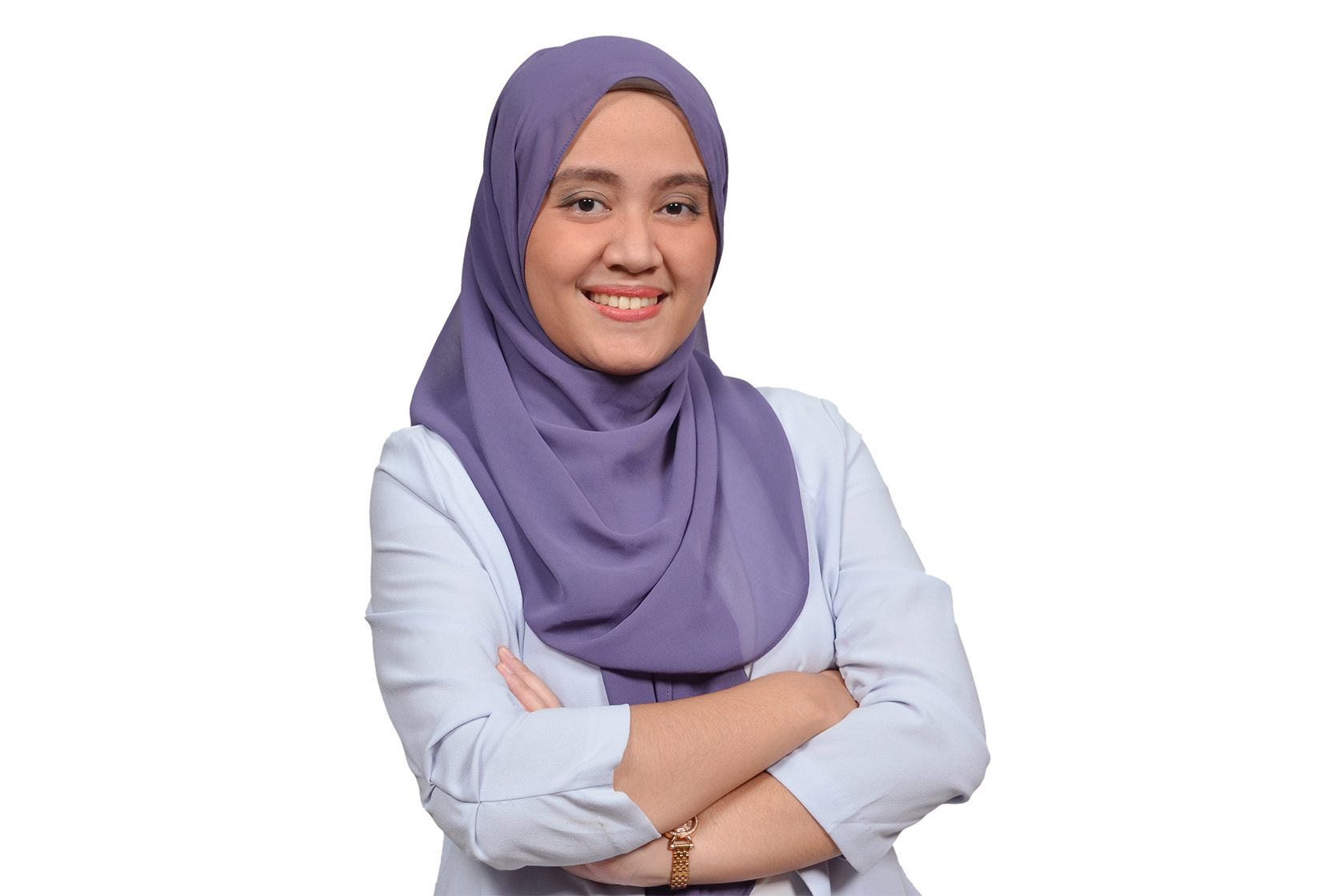Having experienced a university system that was supportive of mothers during her time studying in Australia, Kanti Pertiwi is now working on removing obstacles for other women who are balancing parenting with the pursuit of higher education.
An assistant professor at the University of Indonesia’s Faculty of Business and Economics and head of the faculty’s organisational transformation, people and society research cluster, Kanti received an Australia Awards Scholarship to study a Masters in Applied Commerce at the University of Melbourne in 2007.
It’s a time she remembers fondly even though the first days were also filled with anxiety due to the language difference. But Kanti found help through the university’s special unit which provided guidance in the English language as well as learning strategies.
“What also left a lasting mark on me was how lecturers regarded students with compassion, including international students who spoke English as their second language,” she said.
She also noted how the lecturers and her classmates were considerate when Kanti had to take maternity leave in the middle of a semester. “They respected my personal decision and perseverance in continuing my study while I was also a wife and a mother-to-be,” she said. “Instead of being demeaning, they honoured my experience as a woman and a mother. I even had priority access to the university’s childcare as a full-time student.”
Her time in Australia was not without obstacles. Among them was time management, as Kanti and her husband juggled studying and working. She views childcare services as essential help for working women or student mothers. As a student, Kanti felt immense support from her daughter’s carers and teachers, her lecturers and dissertation supervisor who allowed breaks in between studying as well as her immediate family and the Indonesian communities.
Kanti continued her studies with a PhD in Business and Economics with research on organisational studies at the University of Melbourne in 2011. She acknowledged that her most recent accomplishment, a grant that would allow her to further her research on women and anticorruption, was a result of her study in Australia.
When asked how organisational studies can play a role in advancing Indonesia, Kanti stressed that every social change demanded structural transformation, hence responsibility cannot rest solely on individuals. Her time spent as a member of the Student Senate at the University of Indonesia’s Faculty of Business and Economics laid the foundation for her perspective. “I was intrigued by how an intervention on an individual level could link to a large-scale social change,” she said.
Kanti joined Indonesia’s Corruption Eradication Commission in 2006 as a staff member in the Gratification Directorate, and it was there that her curiosity only got bigger. “It puzzled me that Indonesians seemed to despise corruption but at the same time there never seemed to be a mutual understanding on how to wipe it out,” she said.
Time and time again, Kanti found narratives that linked corruption to a nation’s moral impediment, something she viewed as “a colonialist narrative that pins corruption as an essential character of certain nations”. She began to explore interdisciplinary research and borrowed theories from various studies, such as anthropology, sociology and media studies, to enrich her research and to show the many biases and structural barriers in the narratives.
Eliminating corruption would require more contextual and humanising solutions, Kanti said.
“One of the main biases in anticorruption literature is a moral deficiency, whereas corruption in Indonesia is connected to social inequality and power,” she said.
“For emancipatory social change programs, we need a point of view that is conscious about social issues such as inequality. The kinds of social changes I highlight in my lectures are structural and institutional. They require collective efforts from various parties so access to resources can be redistributed and the equality gap can be reduced.”
Kanti also underlined that social change takes time, and should be available to everyone.
She decided to put her knowledge about social change into practice by creating the phdmamaindonesia platform, on which fellow PhD candidates and graduates can share knowledge and experience through articles and webinars that are free of charge.
The online community provides a space where women can talk about the structural barriers and social norms they face in pursuing higher education, such as lack of access to affordable childcare services, scholarships that do not facilitate the needs of women with children, or universities’ policies and academic systems that are unwelcoming to mothers.
Based on the experiences and input from its members, phdmamaindonesia identified the challenges and offered solutions in a policy brief titled “Scholarship and Mother-Friendly Universities: Creating Equality and Inclusivity for Mother-Students,” published on Mother’s Day in December 2021.
Kanti plans to conduct more research that could contribute to efforts on eliminating structural barriers in both anticorruption and education. “I’d also like to have a wider network with researchers and practitioners who are mindful of social issues and who work with interdisciplinary approaches,” she said. “An alternative perspective that is critical and emancipatory is highly needed to create knowledge production on anticorruption and education, for the benefit of Indonesian citizens from all classes.”


 Kanti Pertiwi Working towards Equality for Studying Mothers
Kanti Pertiwi Working towards Equality for Studying Mothers
